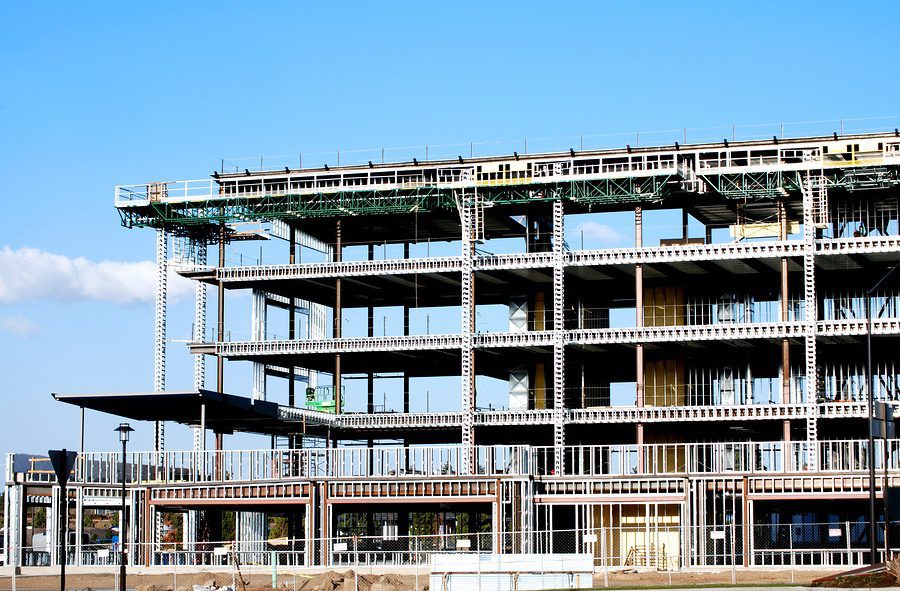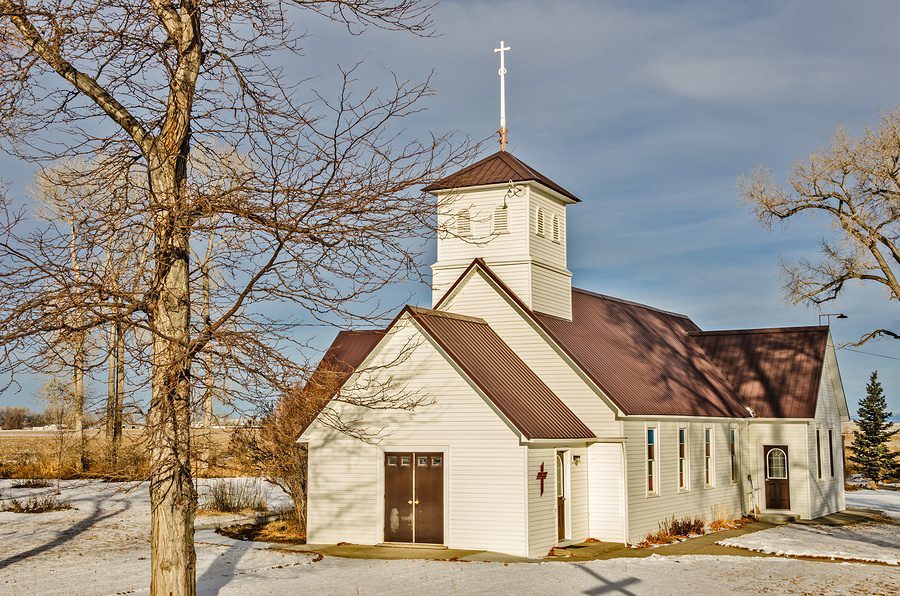Commercial Structural Steel vs. Industrial Structural Steel
 With different standards and alloy combinations, steels have a wide range of physical and chemical properties. As such, choosing the right steel grade is crucial. Industrial and commercial structural steels are commonly used in dozens of industries and in thousands of applications. However, they are not interchangeable.
With different standards and alloy combinations, steels have a wide range of physical and chemical properties. As such, choosing the right steel grade is crucial. Industrial and commercial structural steels are commonly used in dozens of industries and in thousands of applications. However, they are not interchangeable.
The Primary Differences Between Commercial and Industrial Structural Steel
Commercial structural steel is a mild steel that has a PSI that is only in the 40,000 range. It is soft, ductile, malleable and easy to weld. It is ductile enough to bend flat on itself in any direction without cracking, allowing it to be curved and cut easily. These properties allow designers to explore architectural possibilities more freely. It weighs less than industrial steel and can be framed easily. In commercial applications where attractiveness and uniqueness are valuable, commercial steel is the right choice.
Commercial steel is fitting for residential and commercial buildings as it:
- Is resistant to mold
- Is lightweight
- Provides strong support
- Gives designers options
At 80,000 PSI, industrial structural steel is twice as strong as commercial steel and is used in applications where heat and other environmental factors can degrade less durable metals. It can take poundings and beatings over time and is less likely to dent. As it is heavier, it is more expensive than commercial steel. Unlike commercial steel, industrial steel is not easy to weld. It is thicker and heavier and is more prone to both cracking and lamellar tears. Expensive tooling technologies are used to weld and shape industrial steel. Factors like detailing and workmanship have to be carefully monitored to ensure successful weld during erection or fabrication. Even small notches from weld access holes and the stress from welding enable cracks to form and propagate. As a result, certified welding inspectors are often called in to oversee the welding process. Although welding it is more challenging, industrial steel is durable and can withstand exposure while maintaining structural integrity.
Industrial steel has the following characteristics:
- Toughness
- Fire Resistance
- High Strength
- Can withstand debris
Where are Commercial Structural and Industrial Structural Steels Used?
 The differences in the two steels justify their usage in different areas. Commercial steel is primarily used in buildings that require customization, low maintenance and attractive design at a reasonable cost. The softness of commercial steel is not a problem for these buildings because of protection provided by the exteriors.
The differences in the two steels justify their usage in different areas. Commercial steel is primarily used in buildings that require customization, low maintenance and attractive design at a reasonable cost. The softness of commercial steel is not a problem for these buildings because of protection provided by the exteriors.
The buildings commonly constructed with commercial steel include:
- Churches
- Office Buildings
- Banks
- Retail Buildings
Industrial steel, on the other hand, is a steel used in heavier and more complex applications. Sports arenas, for example, are increasingly installing roof systems with moving parts. Oil platforms and other industrial settings require metals that can withstand pressure, high temperatures, rust, chemicals and erosion (carbon has natural erosion properties).
Industrial steel is found in:
- Construction
- Vessels and Aircraft
- Pipelines
- Wind Turbines
Which is the right type of steel for you? That depends on your application. Contact Swanton Welding today and together we will determine the ideal material for your unique needs.
